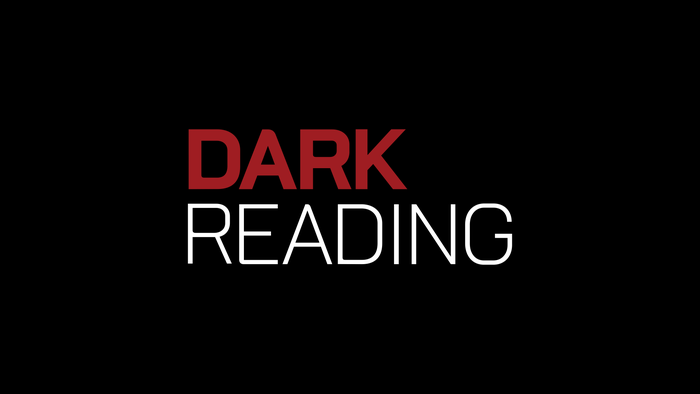Tired of being stuck in password hell? Consider these password managers that balance security with convenience.

In 2011, IBM predictedthat in five years we will not be using passwords to access secure resources such as ATMs and PCs. Instead of entering a PIN or typing a username and password into a PC, we will simply look into a camera or speak a name into a microphone, because our eyes and voices are unique, IBM says.
[Super-strong unique passwords are pointless! Join Dark Reading Radio on Wednesday, Sep. 17, 2014 at 1 p.m. ET for a grown-up conversation about passwords with Cormac Herley of Microsoft Research.]
Biometric recognition replaces the entry point for what password managers are already doing today. Companies such as RoboForm and LastPass provide a platform that requires only one complex password to access your secure websites, credit card information and even documents that you keep inside an encrypted database. Depending on the platform, the database could be stored locally, on the company's servers or even in Dropbox.
Some password managers use browser extensions that keep your data in a local profile, syncing with a cloud server. Because the data is encrypted and transferred through a secure connection, you can be reasonably confident that your data is safe.
Other password managers keep your data on a thumb drive you carry around from computer to computer. With this approach you always know where your data is -- as long as you don't leave it in a PC and walk away.
Some products are free and charge for a mobile premium; others are subscription-based or charge single flat fee. One product, Dashlane, rewards you when you use its service by awarding points you can use to earn discounts on future purchases.
Some password managers offer two-factor authentication, requiring a smartcard as well as your password to log in. With this type of two-factor authentication, even if your password is decrypted, hackers still can't access your account -- but neither can you, if you don't have your smartcard. That's why this type of authentication is usually offered as an option; most customers prefer a less-strict password management service.
All password managers do have one thing in common: They require you to remember one complex password. But complex should not mean hard to remember; it could be a sentence, for example. If you forget your master password, after all, you can't access your data -- and since the company that developed your password manager doesn't have it, you'll have to reset all your passwords and start over.
Password managers also generate complex passwords, provide import and export tools, allow for simple notes and automatically complete online forms for more efficient online checkout. Here are 10 password manager tools worth considering.
About the Author(s)
You May Also Like
Defending Against Today's Threat Landscape with MDR
April 18, 2024The fuel in the new AI race: Data
April 23, 2024Securing Code in the Age of AI
April 24, 2024Beyond Spam Filters and Firewalls: Preventing Business Email Compromises in the Modern Enterprise
April 30, 2024Key Findings from the State of AppSec Report 2024
May 7, 2024
Black Hat USA - August 3-8 - Learn More
August 3, 2024Cybersecurity's Hottest New Technologies: What You Need To Know
March 21, 2024


